8 April 2025
Have you ever looked in the mirror and felt a strange sense of recognition, like you're meeting yourself for the first time? That’s the essence of Lacan's Mirror Stage—the moment a child first sees themselves as a whole, independent being. This idea, proposed by French psychoanalyst Jacques Lacan, isn't just about reflections; it's about how we form our identities and start to understand who we are in relation to the world.
Sounds pretty deep, right? Don’t worry—I’m here to break it down in a way that makes sense. Let's dive into what the mirror stage really means and why it's such a crucial concept in psychology. 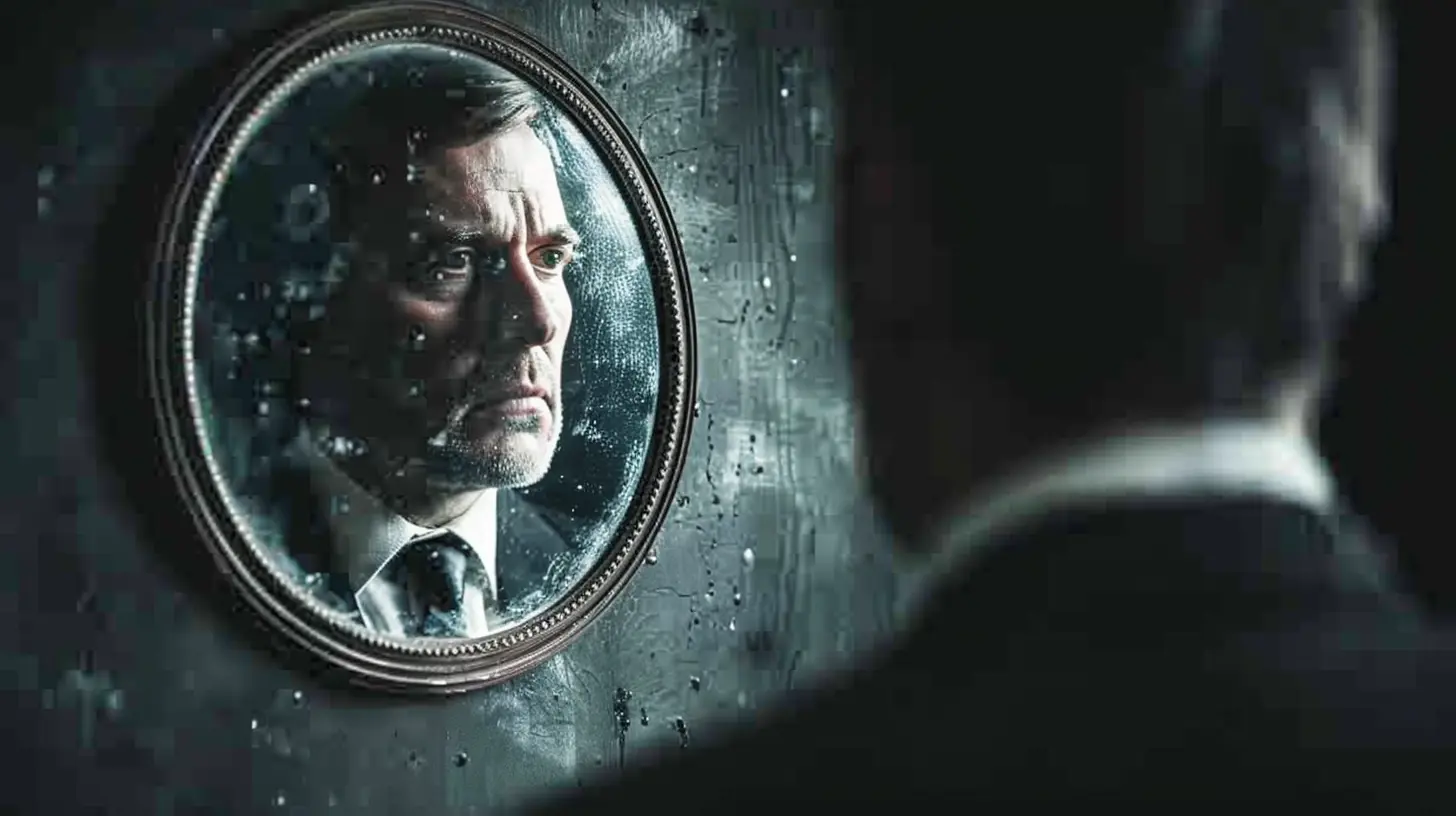
What Is Lacan's Mirror Stage?
At its core, Lacan’s Mirror Stage is a theory about how infants develop a sense of self between six to eighteen months of age. It's that magical (and sometimes unsettling) moment when a baby recognizes their reflection in the mirror and realizes, "Hey, that’s me!"But here's the twist—this recognition is both empowering and misleading. The child sees themselves as a unified whole, even though, in reality, they still rely on their caregivers for everything. This creates a fundamental split in identity: the "ideal self" reflected in the mirror versus the fragmented, needy self they actually are. This gap, according to Lacan, stays with us for life.
Why Is This Important?
Because this is where identity begins. Before this stage, a baby doesn’t have a clear sense of self. They experience the world in fragmented bits—hunger, warmth, discomfort, touch. But when they see their reflection, they start piecing it all together.Think of it as the moment a puzzle finally starts looking like a picture instead of just scattered pieces. This sense of self shapes everything from how we relate to others to how we pursue our goals, navigate relationships, and even struggle with self-doubt. 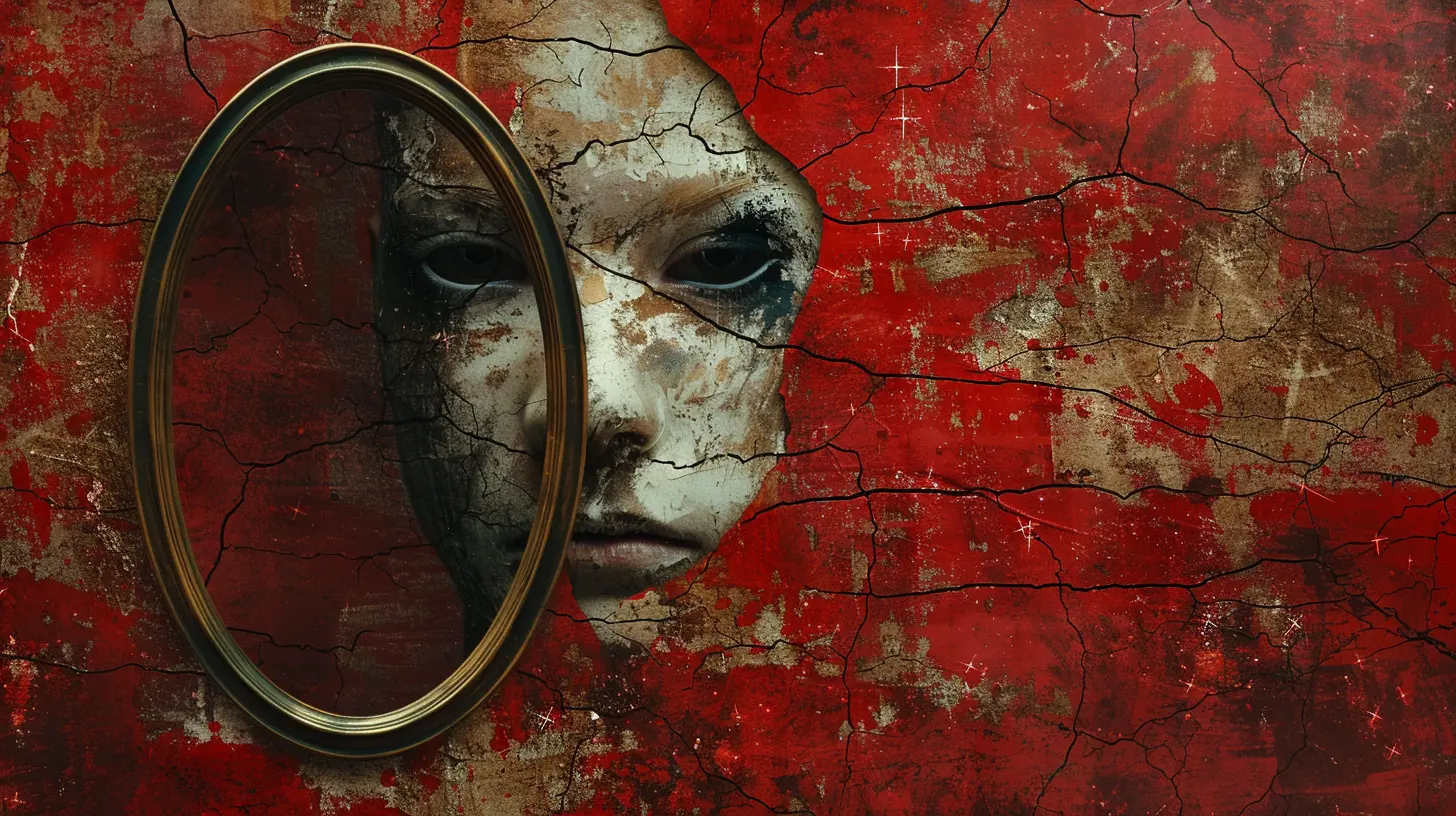
The Mirror Stage and the "Ideal-I"
Now, let’s talk about something called the "Ideal-I" (or Moi idéal in Lacan’s fancy French terminology). When the child sees their reflection, they don’t just see themselves as they are—they see an idealized version of themselves. This ideal self is coordinated, whole, and in control, unlike the wobbly, dependent baby in reality.Ever wonder why we constantly compare ourselves to some perfect version of who we think we should be? That’s the Ideal-I in action. It’s like chasing a shadow—you can see it, you want to become it, but you can never quite catch it.
This explains why we’re so obsessed with self-improvement, social media perfection, and the never-ending quest for self-actualization. We’re always trying to close the gap between who we are and who we think we should be. 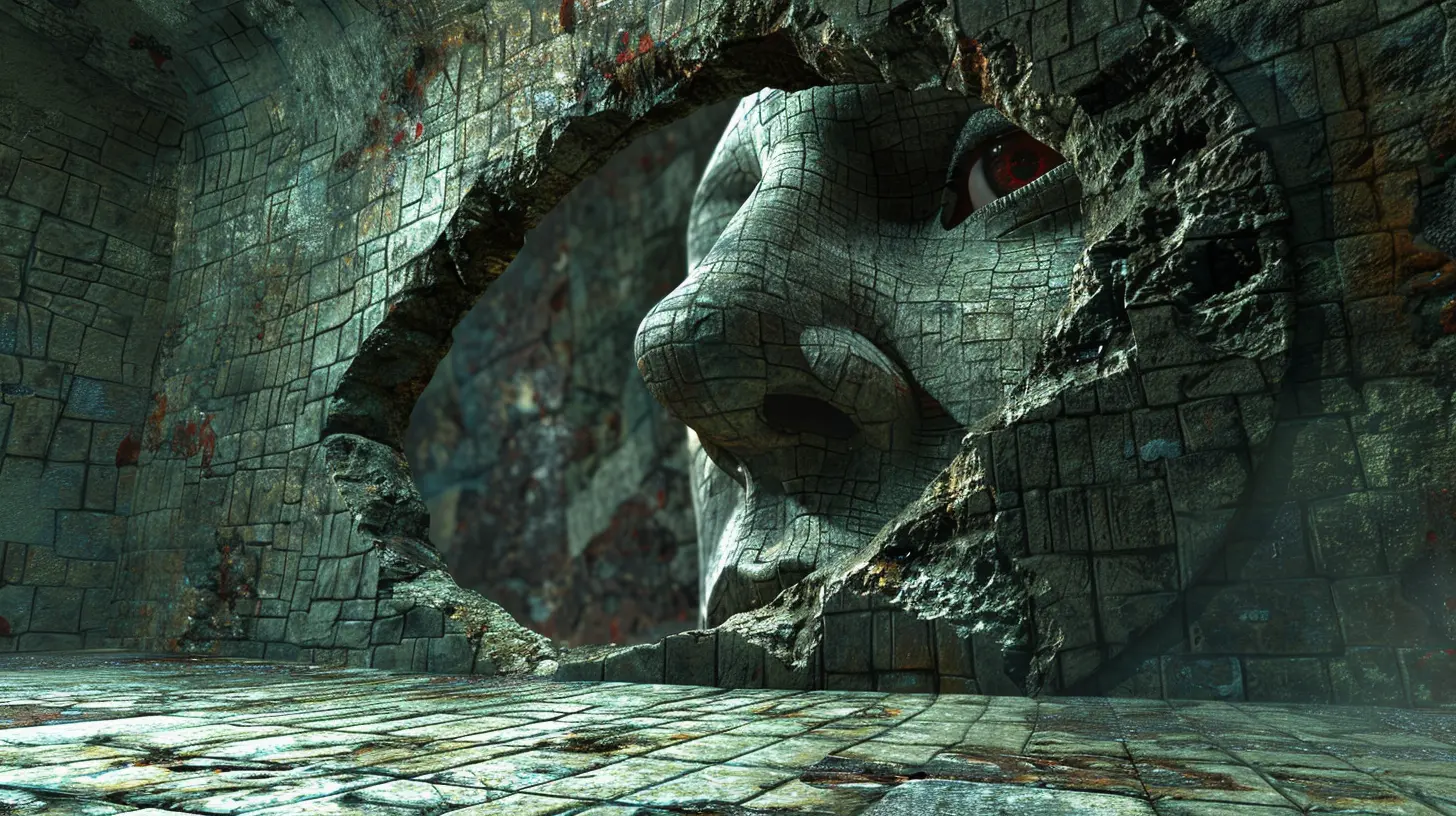
The Mirror Stage and Ego Formation
Lacan believed that the ego is born out of this mirror moment. But here’s the kicker—it’s not an authentic representation of who we are. Instead, our ego is based on an illusion.Think of it like a social media profile. It reflects you, but not the real you—it’s a carefully curated version. You get to choose how you present yourself, but deep down, you know there’s more to you than what’s on display.
This is what makes Lacan’s Mirror Stage so fascinating. It suggests that from the very beginning, our self-image is shaped by something external (the mirror, society, other people’s opinions). In other words, we understand ourselves not through direct experience but through how we imagine ourselves and how others see us. 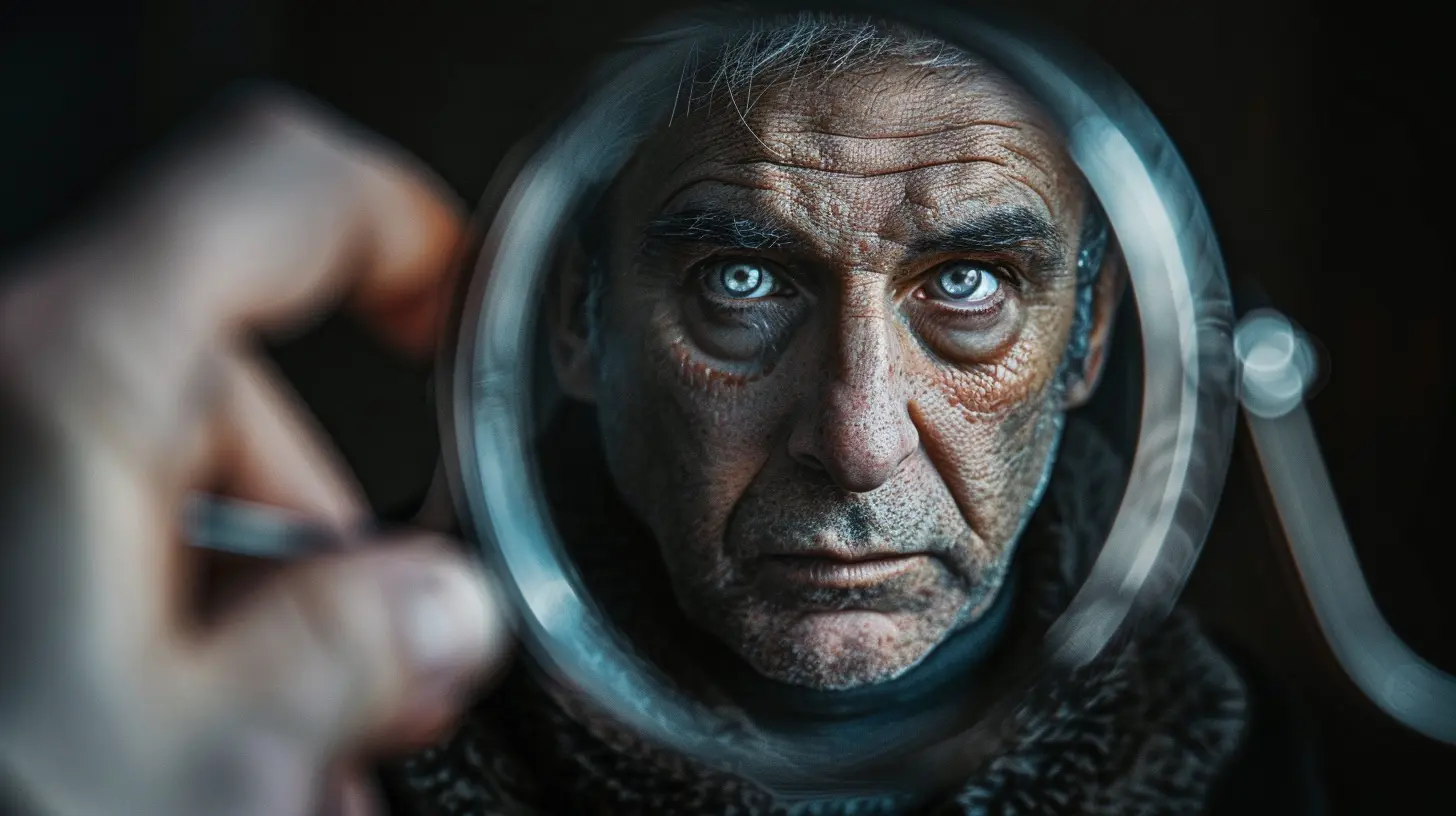
The Role of the Other in Self-Identity
Since our sense of self is influenced by external perception, the presence of others plays a crucial role. Lacan argues that we only see ourselves through the reflection given back to us by the world—whether it's an actual mirror, our parents’ reactions, or later in life, society’s expectations.Ever felt different about yourself depending on who you're with? Maybe with one friend, you feel confident and funny, but in another group, you feel awkward and unsure. That’s because our identity is never totally fixed—it’s constantly being shaped by those around us.
This idea is closely tied to Lacan’s concept of the "Big Other"—a symbolic force that represents society, language, and cultural norms. We’re always measuring ourselves against this unseen entity, trying to fit into what we believe is expected of us.
The Mirror Stage and Life Beyond Childhood
You might be wondering, Okay, but does this still affect me as an adult? Absolutely!Even though the mirror stage happens in infancy, its effects last a lifetime. We never stop looking for validation, recognition, and a sense of coherence in our identity. Social media, relationships, career achievements—all these things feed into the cycle of seeking external confirmation of who we are.
Think of the last time you posted a picture online and waited for likes. That little jolt of satisfaction when people respond? That’s the modern version of the mirror stage. It’s a constant negotiation between our real selves and the idealized image we want to project.
Criticisms and Alternative Views
Not everyone buys into Lacan’s theory completely. Some psychologists argue that identity formation is more complex and involves biological, social, and emotional factors beyond the mirror stage. Others feel Lacan's ideas are too abstract and difficult to apply practically.However, whether or not you agree with every detail, the core idea remains powerful—we build our sense of self not just from within, but from how we see ourselves reflected back by the world.
Final Thoughts
Lacan’s Mirror Stage is more than just a theory about babies recognizing themselves in mirrors. It’s a blueprint for how we construct our identities throughout life. From childhood to adulthood, we are constantly negotiating between the fragmented self we experience and the idealized version we strive to become.So, the next time you catch your reflection, take a moment to think—who do you see? And more importantly, who do you think you should be? Because, in a way, we’ve all been living in the mirror stage our entire lives.


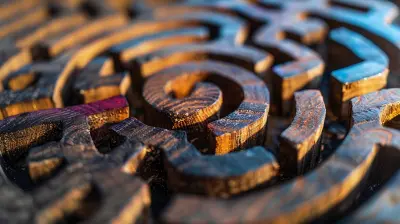
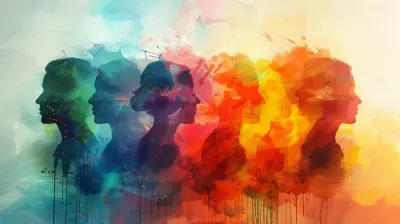
Mindy Bellamy
This article beautifully illuminates Lacan's Mirror Stage, highlighting how our self-identity is shaped through reflection and recognition. Truly insightful!
April 17, 2025 at 4:58 PM